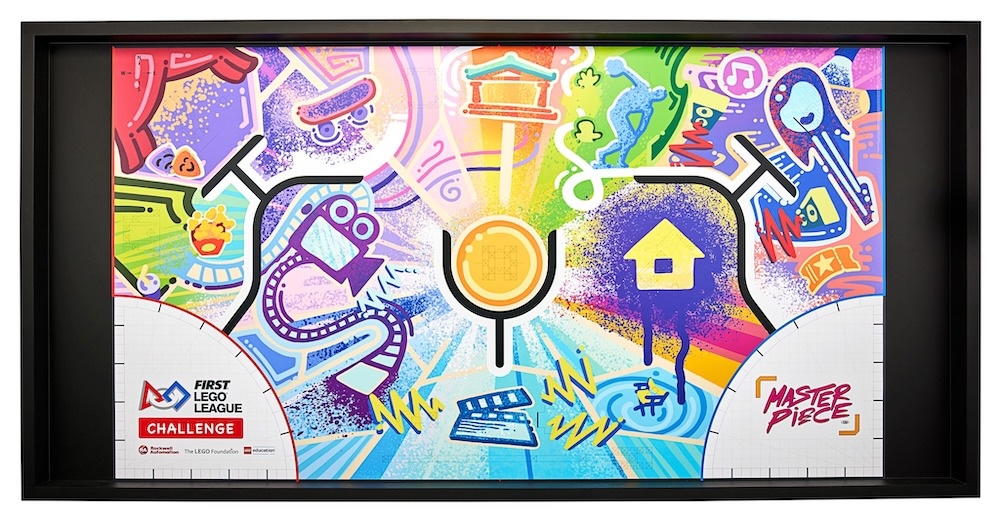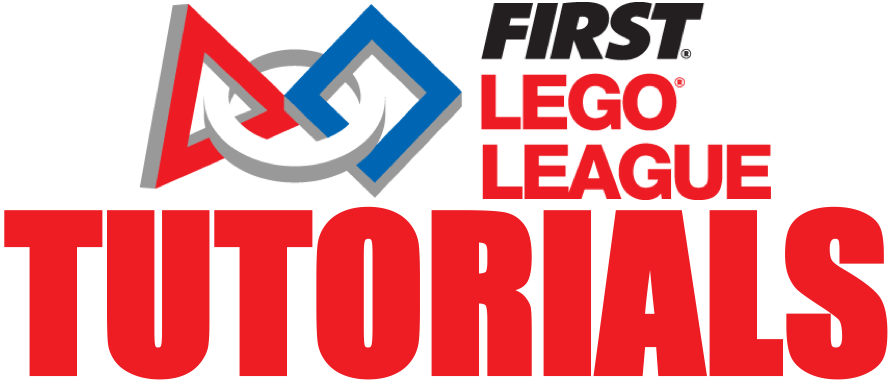More than LEGO or Robots

FIRST LEGO League is more than just playing with LEGO. This needs to be made clear early on.
It’s not what you think
Parents and students see the word LEGO in the name of the program and automatically assume that it’s about playing and building with LEGO. “My son/daughter is so good at building with LEGO!” does not necessarily mean that they will like or succeed in FIRST LEGO League. First of all, building from instructions is very different from the open-ended Challenge of solving FIRST LEGO League missions. Second, FIRST is #MoreThanRobot. Students also need to be willing to work on an Innovation Project and FIRST Core Values.
It’s harder than you think
The students will be working hard. Working hard does not mean there is no fun involved. FIRST is referred to as “the hardest fun you will ever have!”. Students will fail often and they will try again. There is no ready-made answer key. As a result, they will coming up with their own solutions to the Challenge.
It takes more time than you think
While many after school activities are 1-2 hours/week, FIRST LEGO League does require a large time commitment if you want to complete more aspects of the Challenge. Remember that students have to learn to program before they can even solve a mission. On average, teams tend to spend 4 or more hours a week. Teams will tend to increase the number of hours closer to a competition date.
It costs money
There is an investment of approximately $1000 (can vary based on competition registration costs) in your first season. In subsequent seasons, you can reuse the Challenge table and the robot set. While majority of coaches are volunteers, there is still an expense involved. Students may have to share the costs and/or help to fundraise.
It’s not a one-person show
FIRST LEGO League requires teamwork to succeed. If you look at the rubrics, you will see that teams are rewarded for working together and for everyone contributing and learning.
It’s not about the awards
While winning awards can be nice, FIRST LEGO League is designed to be a multi-year journey. It’s not about winning, but about process and progress. It is about learning more each year and setting more goals.
It’s not about the adults
“Kids do the work” in FIRST LEGO League. While it is tempting for adults to step in and solve all student problems, the program will have the most impact if you let the students do the work. Learning can be messy sometimes and it is never a straight path. The best coaches ask a lot of questions without providing the answer. Sometimes, it is even a good idea to let them “fail”. For example, by building something incorrectly, they will learn how not to build the next time.

 Resources
Resources

